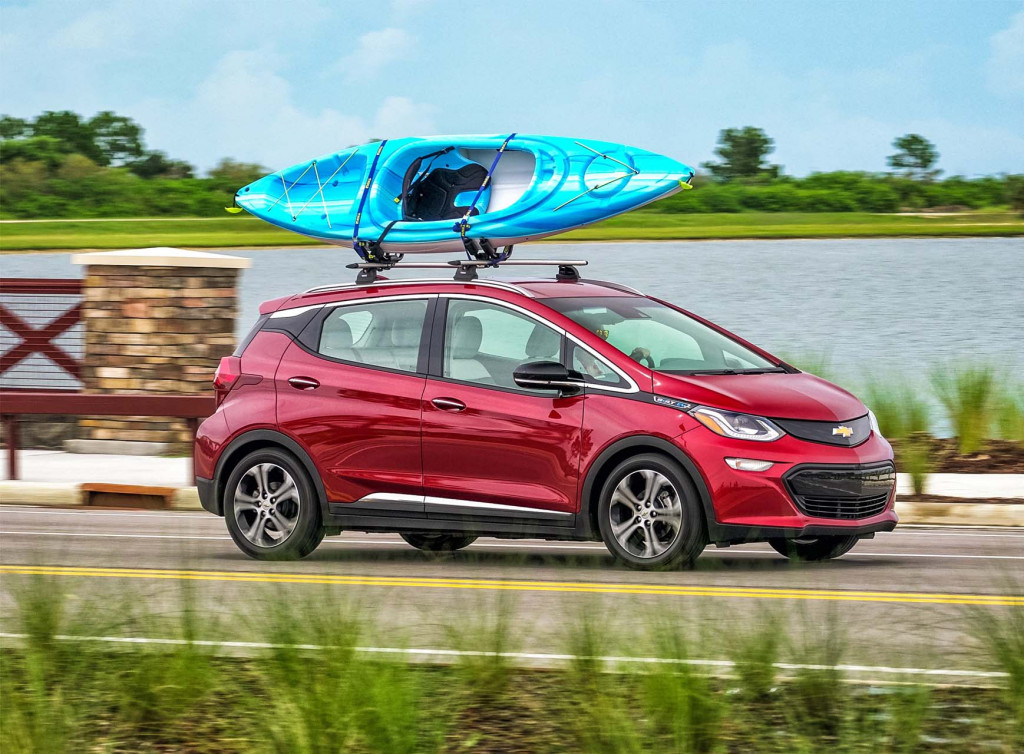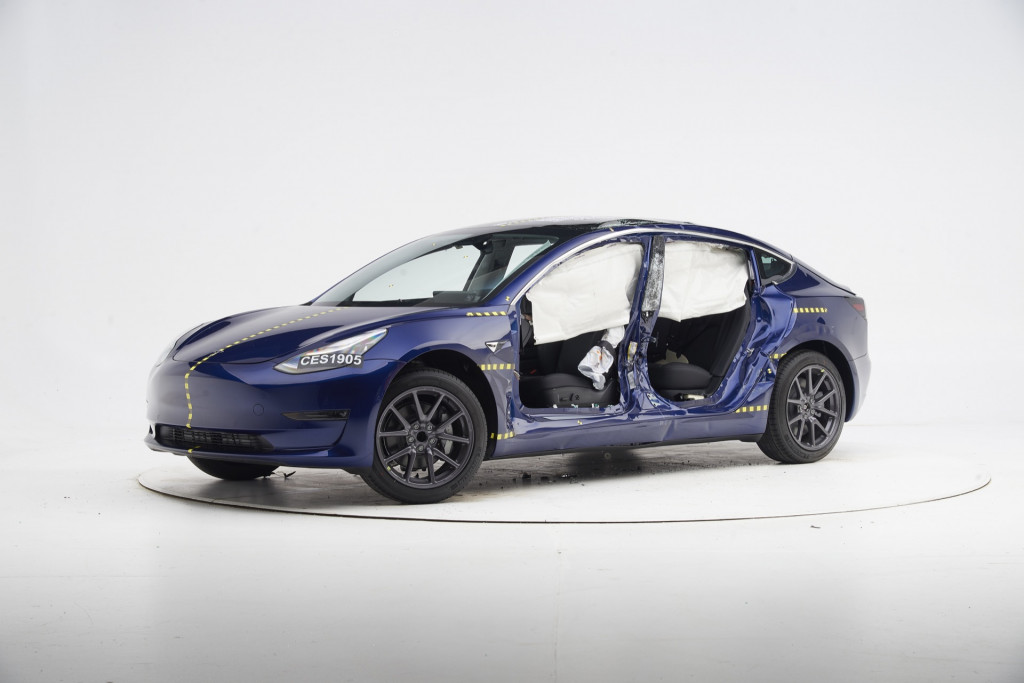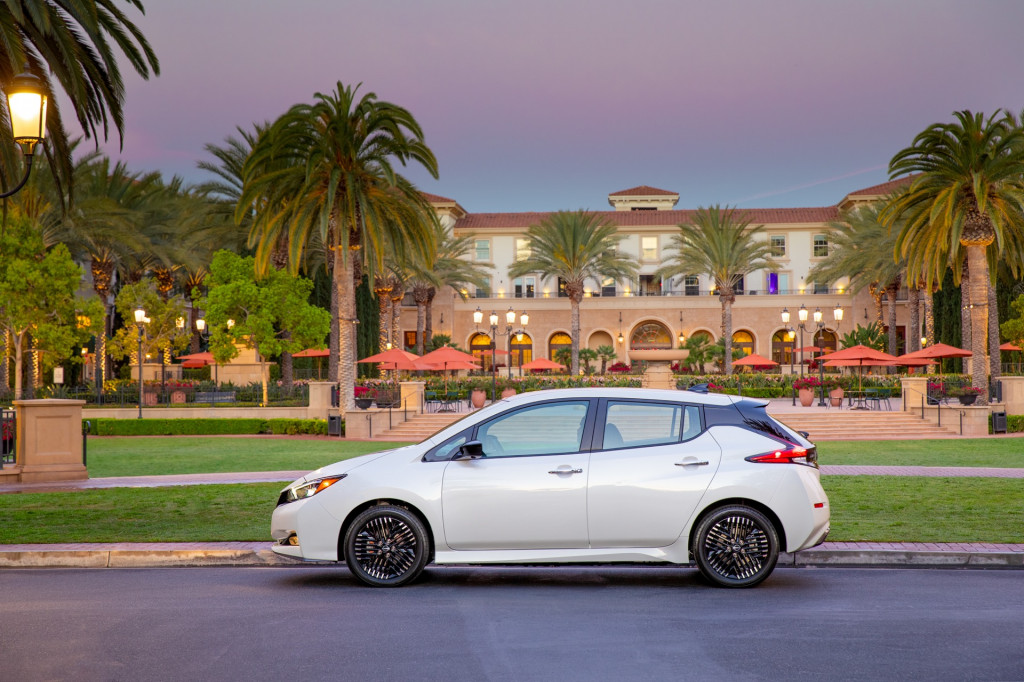EVs still cost much more than gas cars to insure—even hybrids

Electric vehicles continue to be vastly more expensive to insure than gasoline models, on average—hybrids included.
According to Consumer Reports, citing national-average data from The Zebra, an insurance comparison tool, the Chevrolet Bolt EV costs slightly more to insure than the Toyota Prius or Hyundai Ioniq Blue hybrids. The Tesla Model 3 costs more than 20% more (about $500 more) annually to insure than a BMW 3-Series or Audi Q4. And a Tesla Model S costs in the vicinity of 12% (about $400 more) to insure than a BMW 7-Series or Audi A8.

2019 Chevrolet Bolt EV
By brand, the division is much more pronounced. The Zebra points out that Tesla is second only to Maserati in annual premium cost—a whopping $3,419, which is more than double the average amount for a number of mainstream brands including Jeep, Volkswagen, and Subaru. It’s not mentioned, though, whether these results are normalized for the age or model year of the vehicles insured.
The soaring cost of battery replacement in a collision may have something to do with that. As Reuters uncovered last month, in what was expected to be a circular economy, battery packs are piling up in some markets (or countries) because automakers haven’t provided the guidance or know-how for opening up and fixing packs.
So instead it’s often up to insurers to foot the cost of an entire new pack—in many cases costing more than $20,000—or write the car off. And that latter outcome is statistically more often the choice for EVs versus other vehicles, according to CR. This continues the cycle of accelerating EV insurance premiums rather than reducing them.
Decisions around manufacturability may be playing a role. Tesla, for instance, has reportedly built no repairability into its structural pack being given to the Texas-made Model Y. And for the entirely new way Tesla is due to use in making the upcoming Cybertruck, it hasn’t yet detailed whether batteries will be accessible at all.

2019 Tesla Model 3 – IIHS side impact crash test
Tesla offers its own insurance, and according to the company it’s currently available in Arizona, California, Colorado, Illinois, Maryland, Minnesota, Nevada, Ohio, Oregon, Texas, Utah, and Virginia. Tesla Insurance is based on a proprietary safety score, running on a 30-day mileage-weighted average and, in select states, actual driving behavior. Rivian also established its own insurance program in 2021, with several third-party underwriters, then saying that it would be offered in 40 states. Porsche has also experimented with EV insurance for its Taycan.
With prices starting to coming down on EVs, and some, like the Tesla Model Y, now costing less than average up front, it’s worth keeping in mind that EVs cost far less to operate—especially amid high gas prices—versus gasoline vehicles, with insurance standing as the one exception.

2023 Nissan Leaf
Finally, there is hope for rates to come down, and as one model demonstrates, this may just be a matter of getting enough vehicles out there for automakers and service departments to understand the nuances of such repair. CR mentions the Nissan Leaf, which has been widely available for more than a decade, as an example as it costs $35 less per year to insure than the Prius.